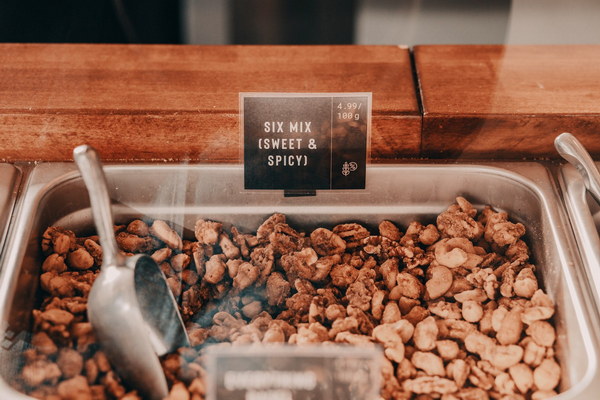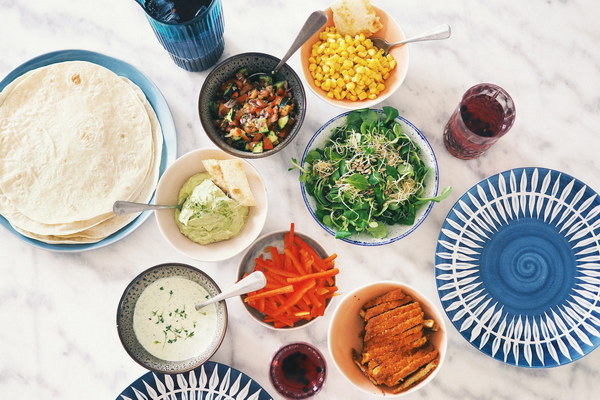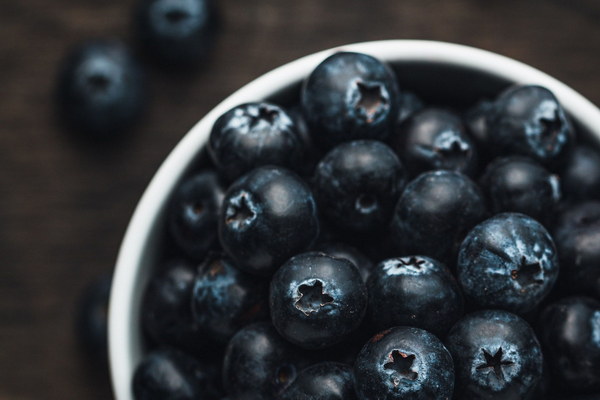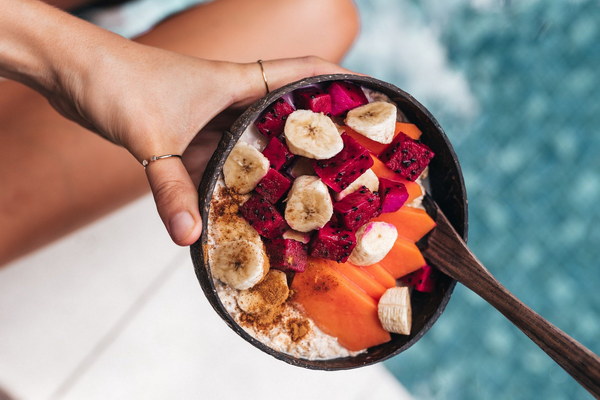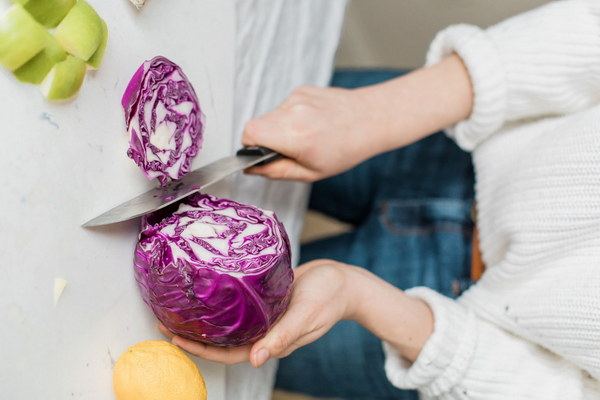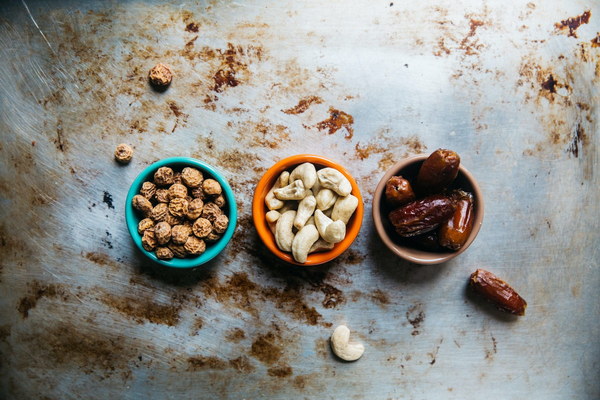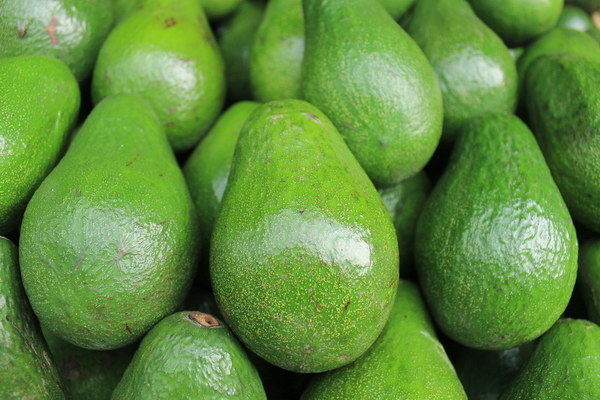Nourishing Your Body to Overcome Antibiotic Resistance A Comprehensive Guide to Dietary Remedies
In an era where antibiotic resistance is a growing concern, it's crucial to understand how the food we eat can play a significant role in supporting our body's resistance against these potent medications. When the body becomes resistant to antibiotics, it means that the drugs are no longer effective in treating bacterial infections. To combat this issue, it's essential to adopt a holistic approach that includes dietary adjustments. Here's a comprehensive guide to what you should eat to help your body overcome antibiotic resistance.
1. Probiotics: The Good Bacteria's Role
Probiotics are live microorganisms that are beneficial for our digestive health. They help maintain the balance of good and bad bacteria in our gut. When antibiotics are used, they can disrupt this balance, leading to antibiotic resistance. Including probiotics in your diet can help restore the gut flora and combat antibiotic resistance.
- Yogurt: A cup of plain, unsweetened yogurt with live cultures can be a great source of probiotics.
- Kefir: Similar to yogurt, kefir is a fermented milk drink that contains a variety of probiotics.
- Sauerkraut: This fermented cabbage is rich in probiotics and can be added to salads or sandwiches.
- Kimchi: Another fermented vegetable dish, kimchi, is not only probiotic-rich but also packed with vitamins and minerals.
2. Fermented Foods for Gut Health
Fermented foods are processed through fermentation, a process that preserves food and produces beneficial bacteria. These foods can help support a healthy gut microbiome, which is crucial for combating antibiotic resistance.
- Miso: A traditional Japanese seasoning made from fermented soybeans, miso is rich in probiotics and can be used in soups or as a spread.
- Natto: A Japanese breakfast dish made from fermented soybeans, natto is an excellent source of probiotics and also contains vitamin K2.
- Tempeh: Made from fermented soybeans, tempeh is a protein-rich food that can be used in a variety of dishes.
3. High-Fiber Foods to Feed Your Gut Bacteria
A diet high in fiber helps to feed the good bacteria in your gut, promoting a healthy gut environment. Consuming a variety of high-fiber foods can help prevent antibiotic resistance by supporting the growth of beneficial bacteria.
- Leafy Greens: Spinach, kale, and collard greens are excellent sources of fiber and can be added to salads or smoothies.
- Berries: Strawberries, blueberries, raspberries, and blackberries are rich in fiber and antioxidants.
- Beans: Black beans, kidney beans, and lentils are not only high in fiber but also a great source of protein and other nutrients.
4. Prebiotics: Fuel for Good Bacteria
Prebiotics are non-digestible food ingredients that stimulate the growth and activity of good bacteria in the gut. By providing fuel for these beneficial microorganisms, prebiotics can help combat antibiotic resistance.
- Onions: Onions contain prebiotic compounds that can help maintain a healthy gut microbiome.
- Asparagus: This vegetable is a good source of prebiotic fiber and can be enjoyed raw or cooked.
- Garlic: Garlic has both antibacterial and prebiotic properties, making it a valuable addition to your diet.
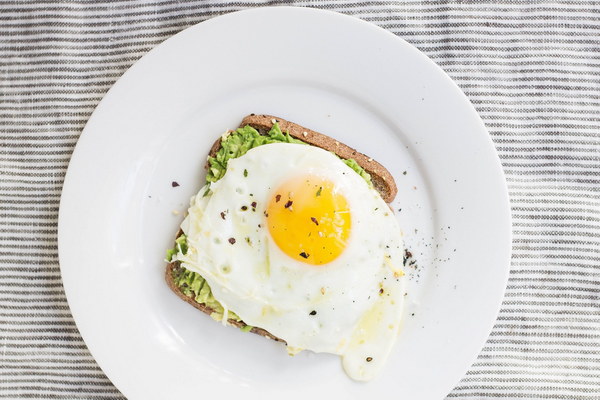
5. Hydration and Electrolytes
Proper hydration is essential for maintaining a healthy gut. Additionally, electrolytes, such as potassium and magnesium, can help regulate the balance of water in the body and support overall health.
- Water: Stay hydrated by drinking plenty of water throughout the day.
- Fruits and Vegetables: Foods high in electrolytes, like bananas, avocados, and leafy greens, can contribute to hydration and electrolyte balance.
6. Limiting Antibiotic-Resistant Superbugs in Food
It's not just about what you eat; it's also important to be mindful of the sources of food. Antibiotic-resistant bacteria can be present in animal products, so choosing organic or pasture-raised options can reduce your exposure to these harmful pathogens.
By incorporating these dietary adjustments into your lifestyle, you can help support your body's natural defenses against antibiotic resistance. Remember, a balanced diet rich in diverse nutrients is the cornerstone of a healthy immune system. Always consult with healthcare professionals before making significant changes to your diet or antibiotic regimen.
